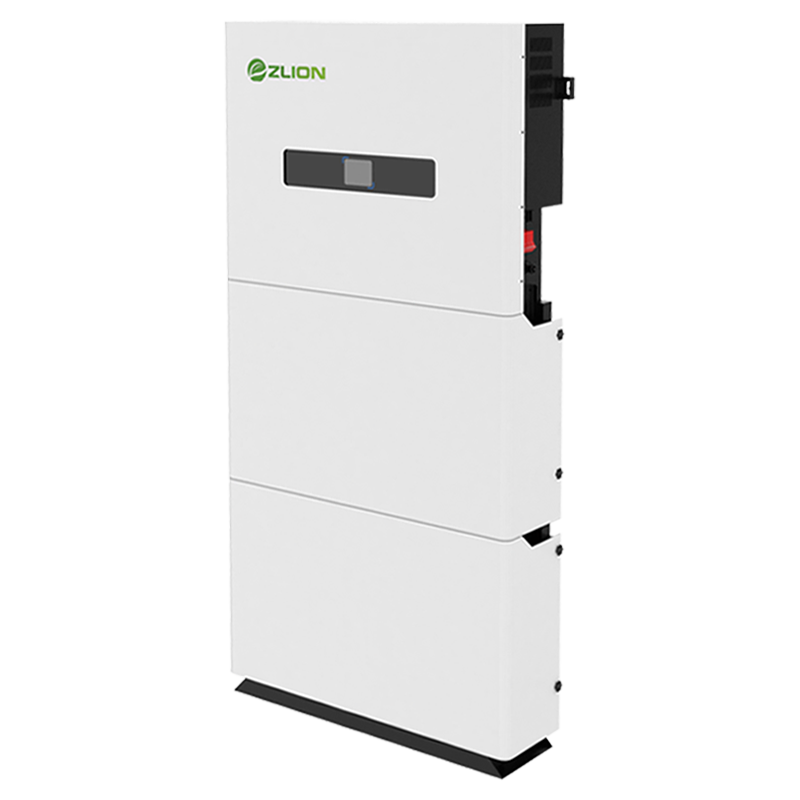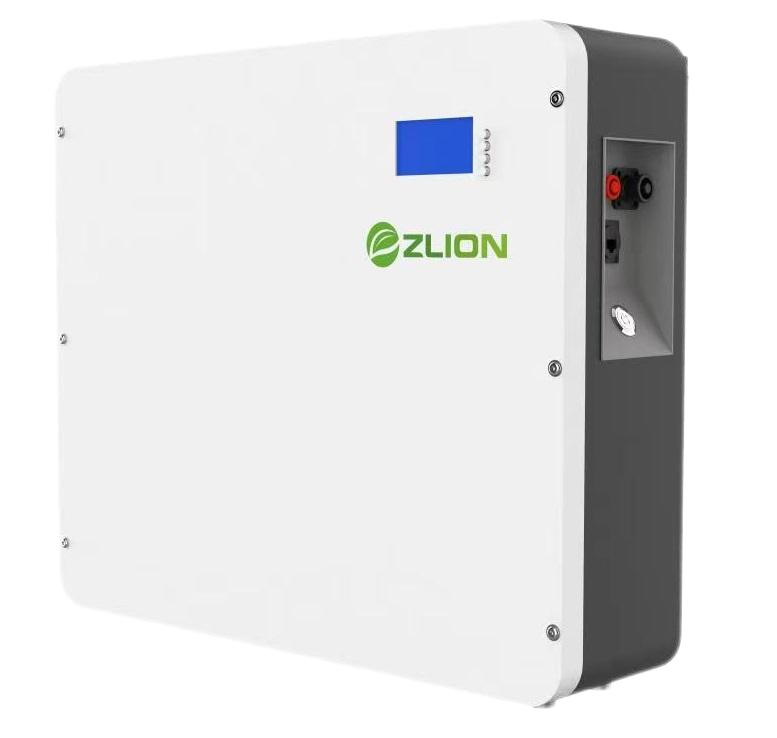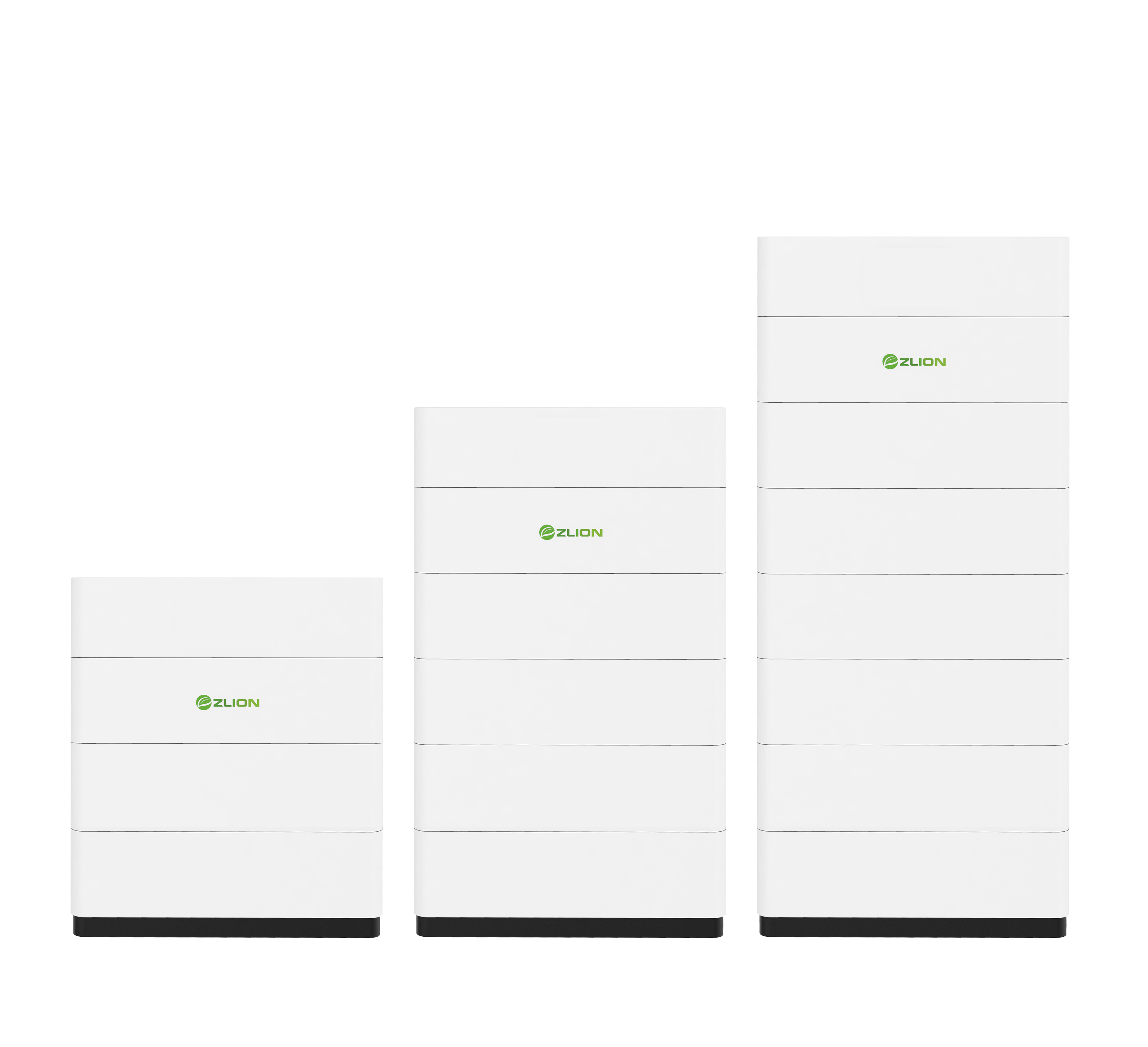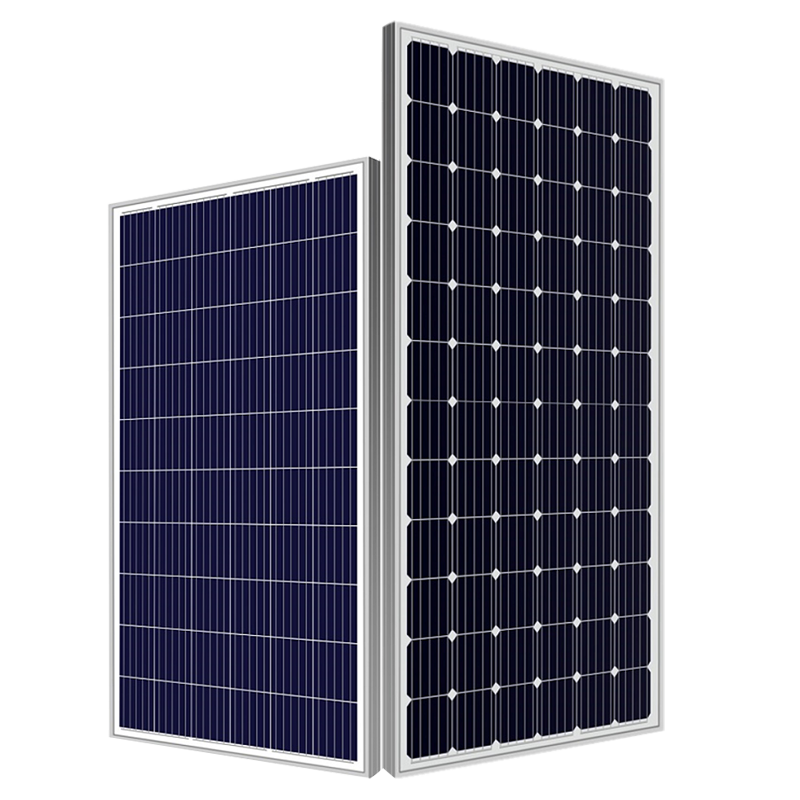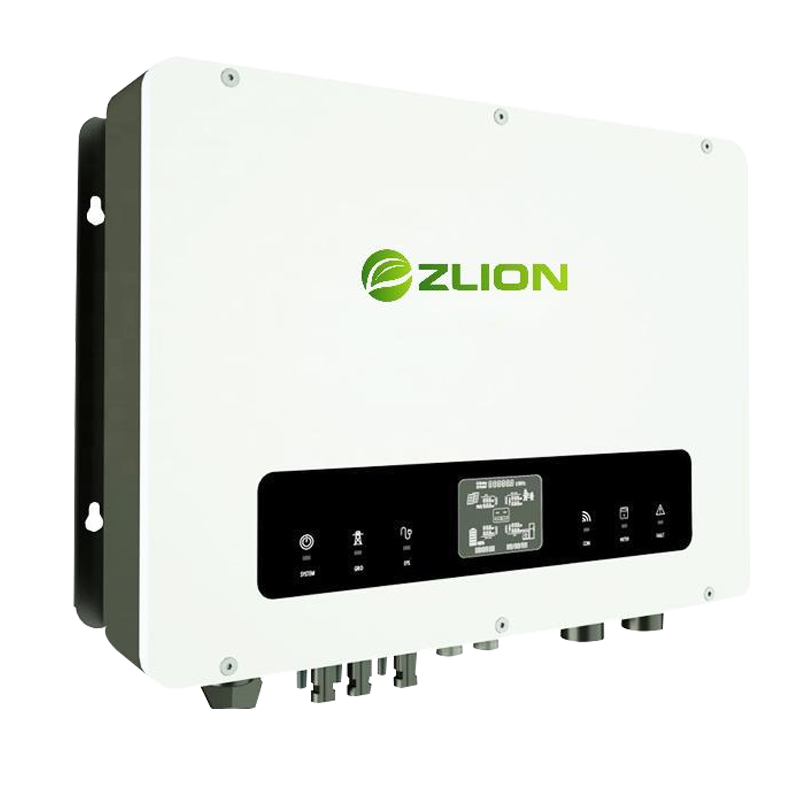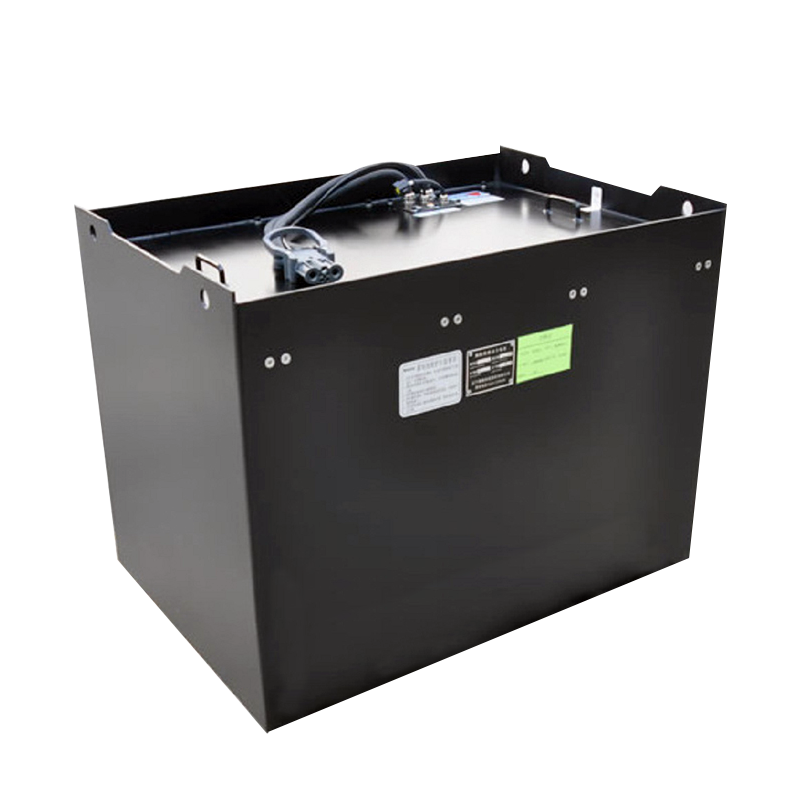Forklift batteries: the heart that drives the pulse of industry
2024-06-07 13:54:44 Source: Liaoning Zlion Energy Co., Ltd.
Battery Type and Selection
The mainstream forklift batteries on the market are mainly lead-acid batteries and lithium-ion batteries. Lead-acid batteries have a long history, mature technology, and relatively low cost, but they are heavy and take a long time to charge. Lithium-ion batteries are increasingly favored in the high-end forklift market due to their high energy density, light weight, long life, and fast charging, despite the high initial investment cost.
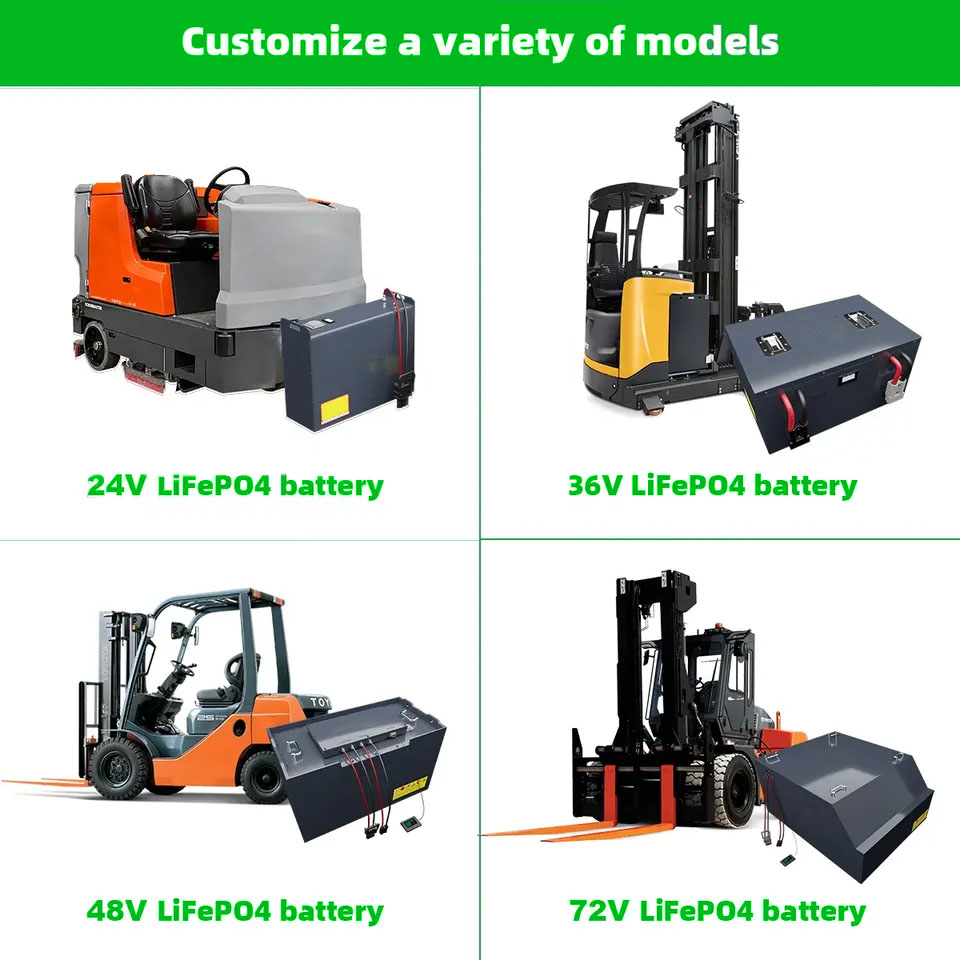
Working Principle
The working principle of forklift batteries is based on electrochemical reactions. Taking the most common lead-acid battery as an example, the battery generates electrical energy through chemical reactions between the positive and negative plates (lead dioxide and spongy lead, respectively) and the electrolyte (dilute sulfuric acid solution). During discharge, the chemical substances undergo oxidation-reduction reactions, releasing electrons to form current; the charging process is the opposite, and the external power source is used to restore the chemical substances to their original state. Lithium-ion batteries store and release electrical energy through the movement of lithium ions between the positive and negative electrodes.
Maintenance
Proper maintenance not only prolongs the service life of forklift batteries, but also ensures safe and efficient operation. First, regularly check the electrolyte level and add distilled water (for lead-acid batteries) to keep the battery clean and avoid dust and corrosion accumulation. Second, follow the manufacturer's recommended charging specifications to avoid over-discharge and long-term low-power storage, which are common causes of battery life. For lithium-ion batteries, although electrolyte does not need to be added, the battery management system (BMS) status should be checked regularly to ensure that it is effectively monitoring the battery health.
Environmental impact and recycling
With the increase of environmental awareness, the environmental protection treatment of forklift batteries has become a topic that cannot be ignored. Lead-acid batteries contain heavy metal lead, which will cause serious pollution to the environment if not handled properly. Therefore, the recycling and reuse of waste batteries is particularly important. Batteries recycled through formal channels can be extracted through professional processes to achieve resource recycling. Although lithium-ion batteries do not contain lead, their recycling and treatment are also complicated, and it is necessary to prevent lithium leakage from causing damage to the environment.
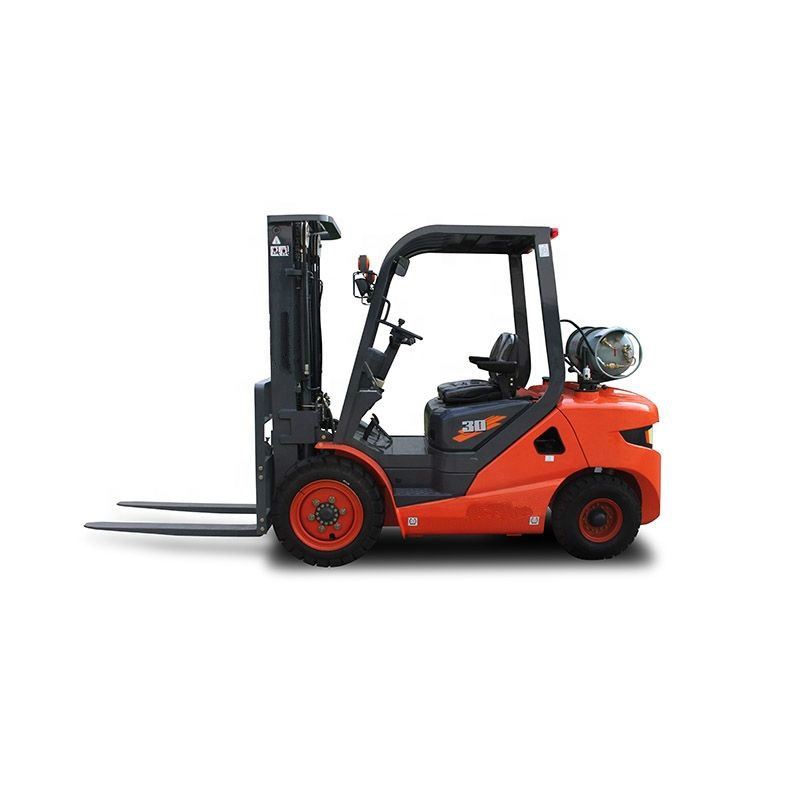
In short, as a key power source in the logistics industry, the performance of forklift batteries directly affects the efficiency and sustainability of the entire supply chain. Choosing the right battery type, implementing scientific maintenance strategies, and paying attention to environmentally friendly recycling are the key to improving the win-win situation of forklift operating efficiency and environmental protection. With the continuous advancement of technology, forklift batteries will be more efficient and environmentally friendly in the future, and continue to promote the logistics industry to develop in the direction of intelligence and greening.

